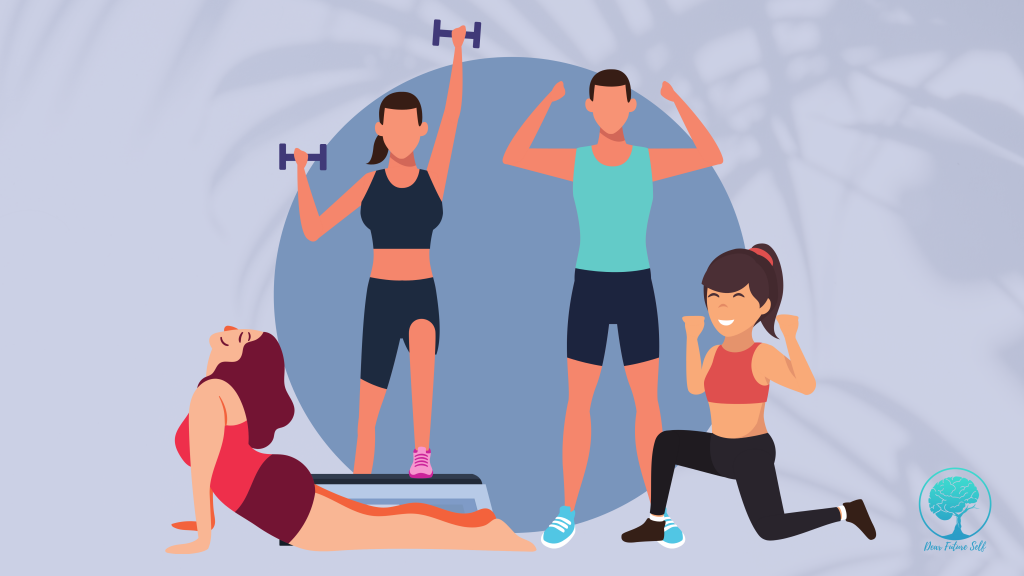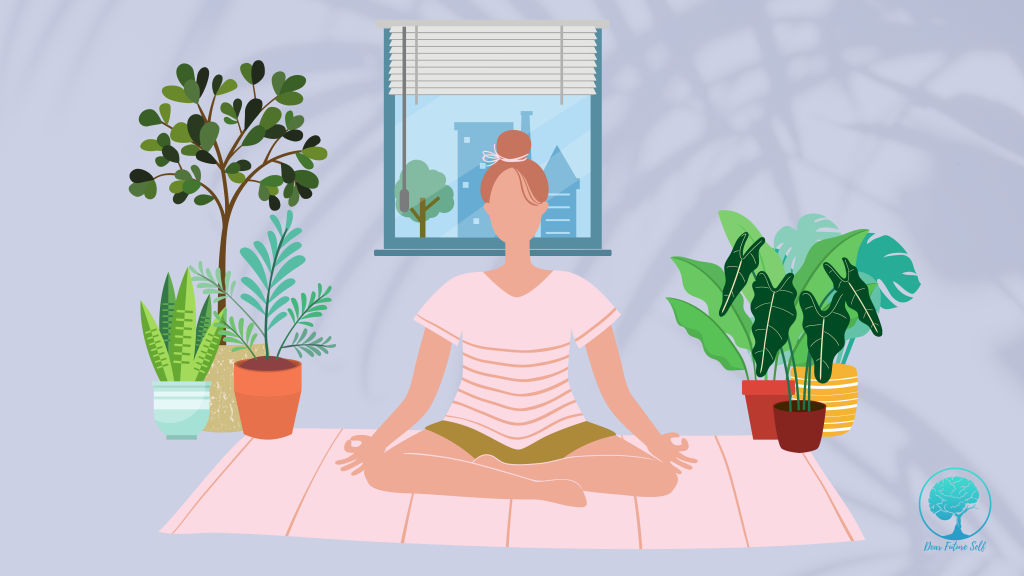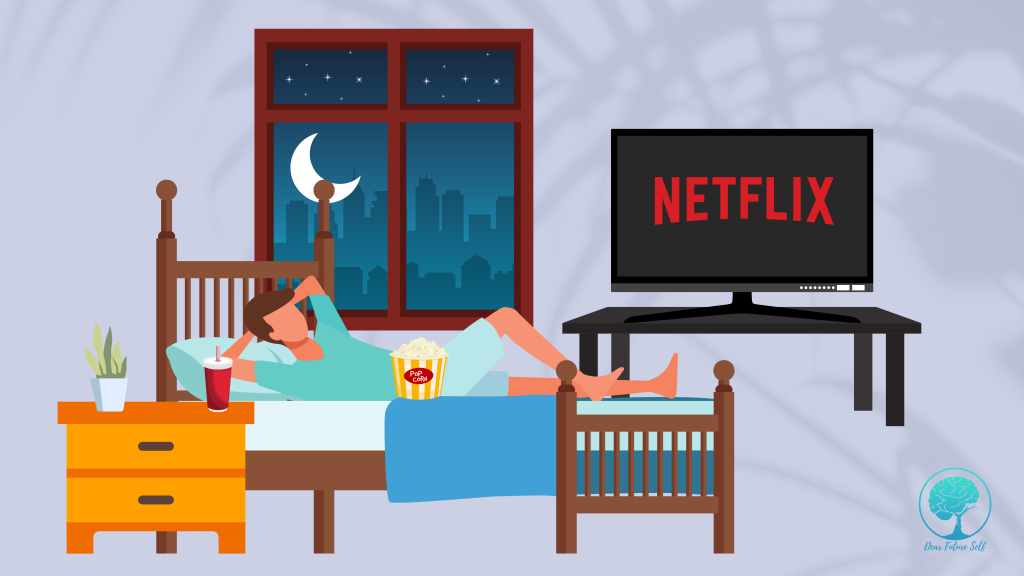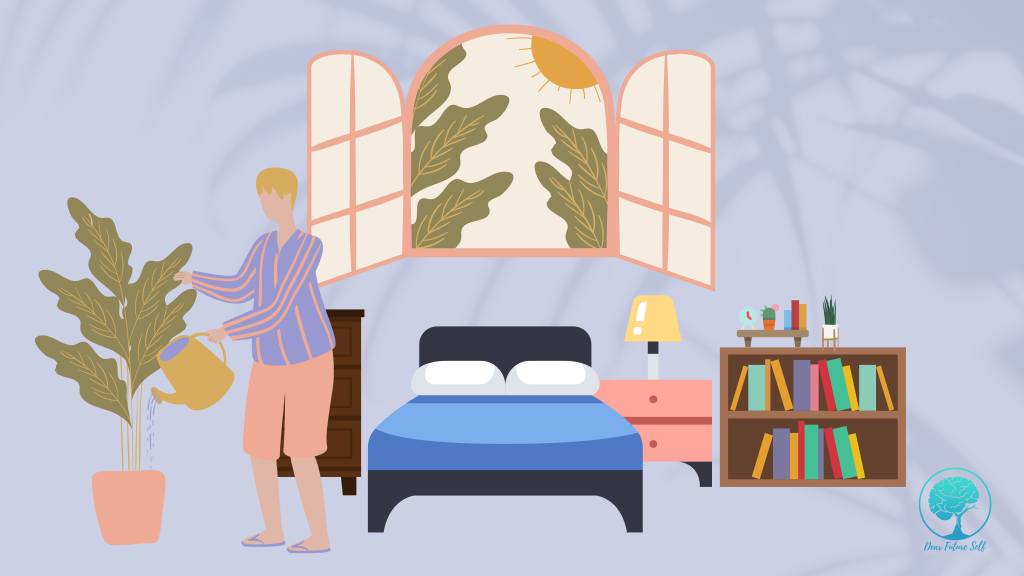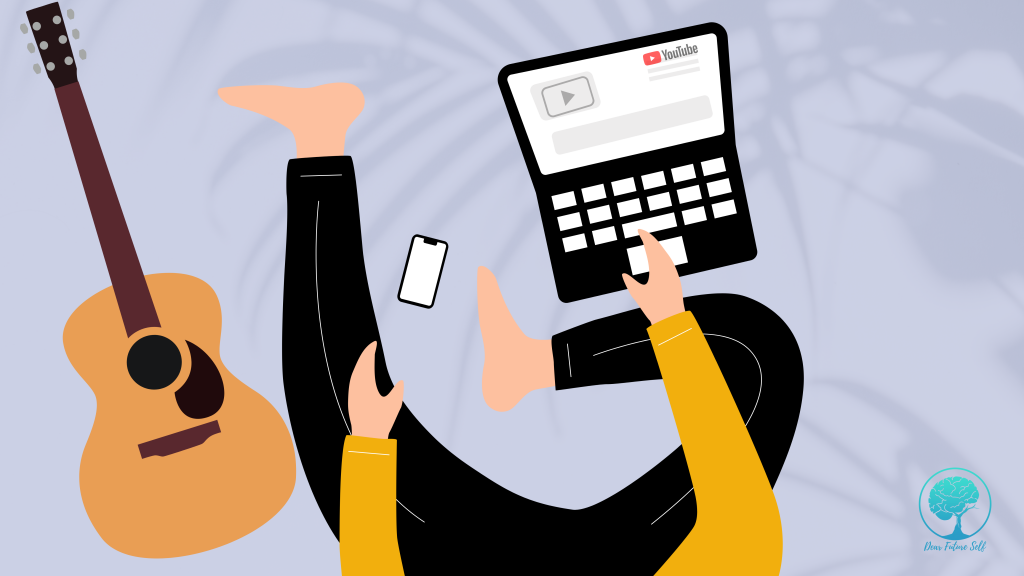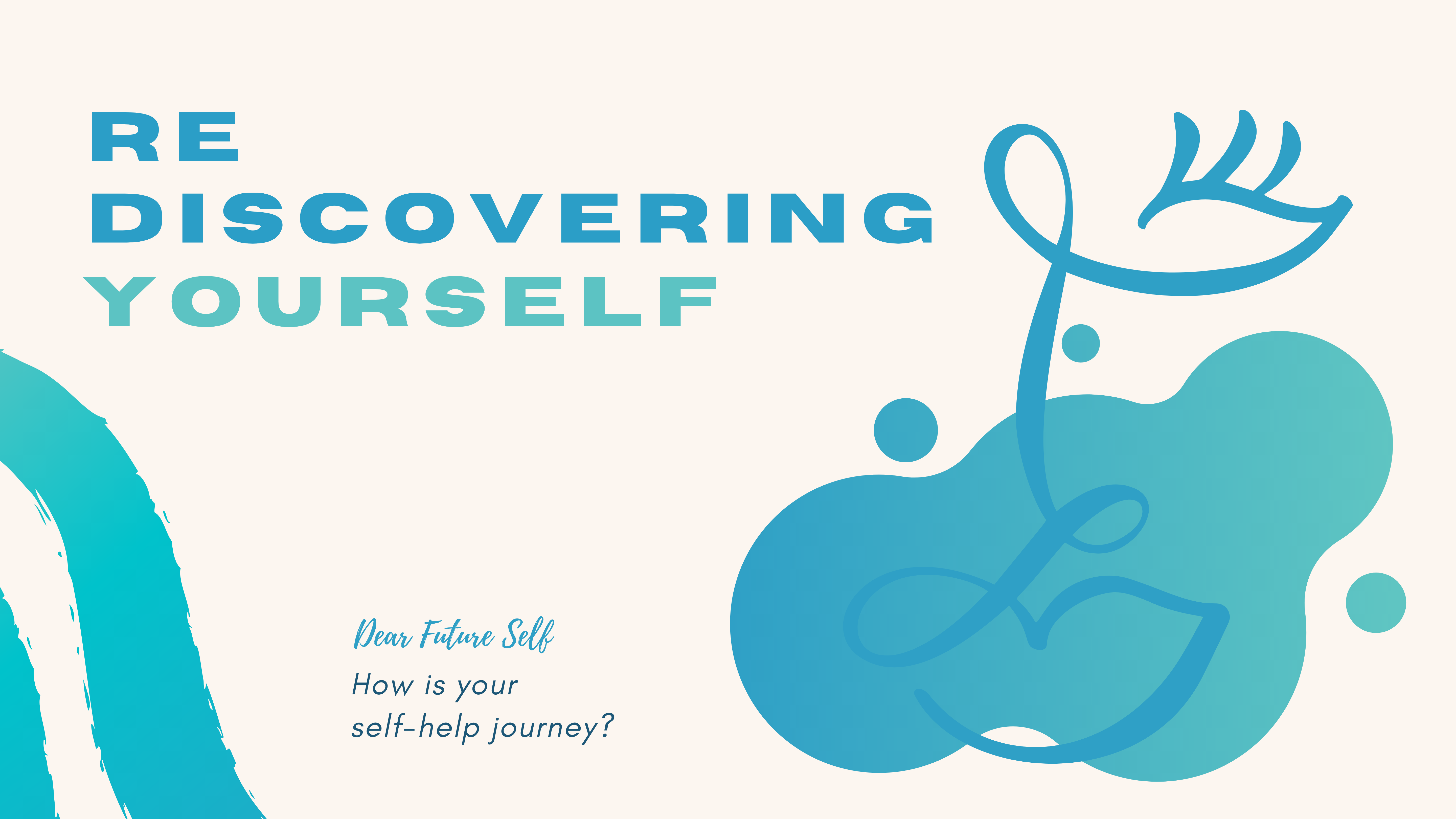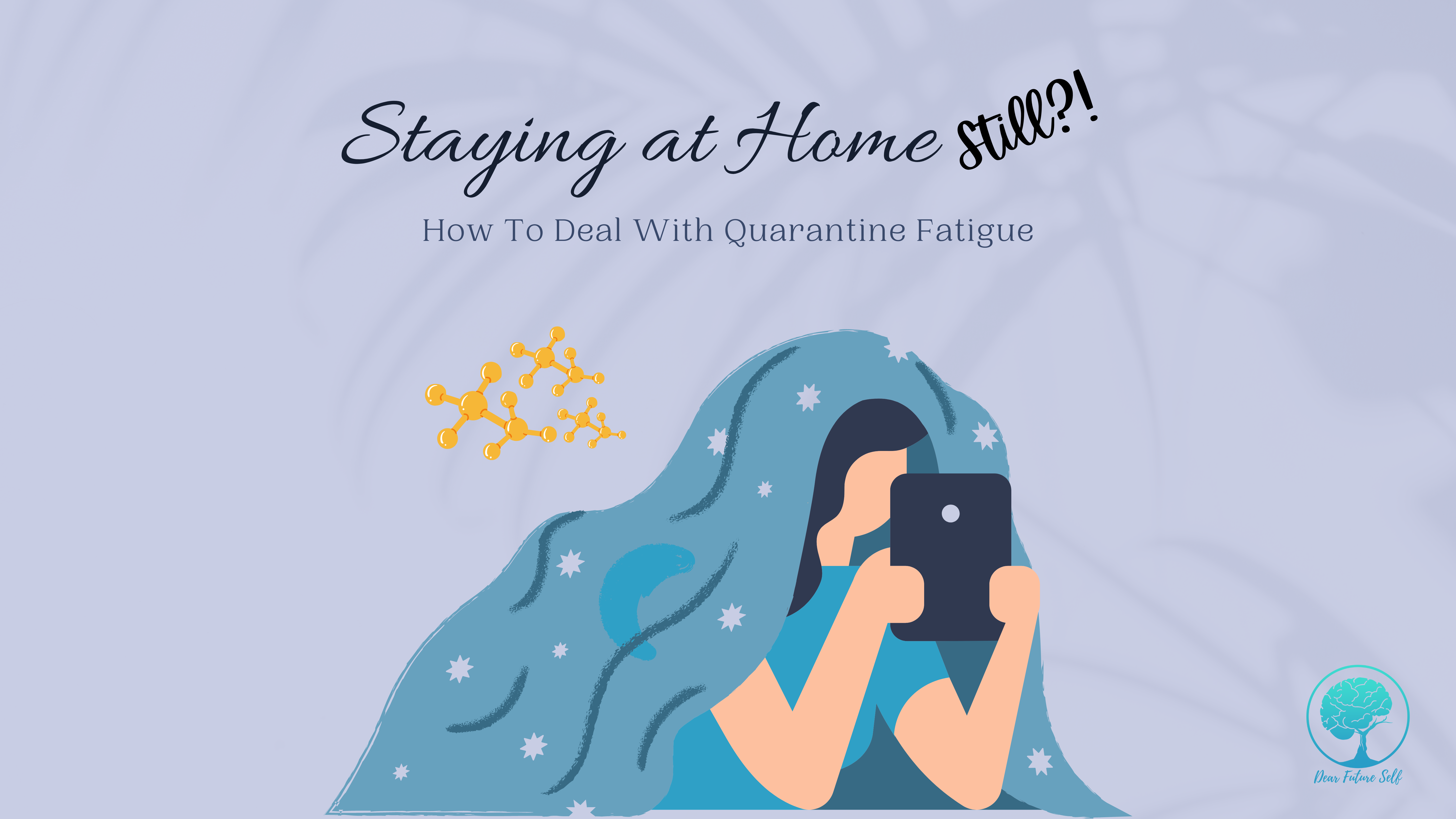
29 Jul Still?! How to Deal with Quarantine Fatigue
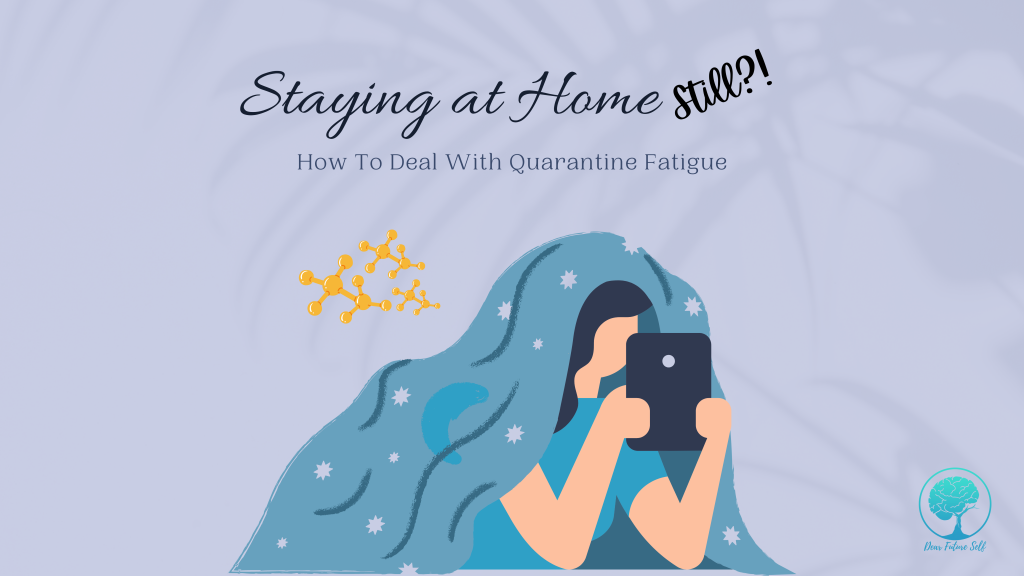
Staying at Home Still?!
Given the unexpected occurrence of COVID-19, many countries have been required to quarantine at their own homes to avoid the spread of the virus. In other countries, more than a year has passed since community quarantine was announced, and has not been completely lifted since then. There are several consequences of staying at home for long periods of time, one of these being fatigue. It is possible that a lack of stimulation and movement leads the body to feeling lethargic and tired, especially if the body is not used to this amount of inactivity. Aside from this, stress and anxiety received from the pandemic leaves us with more exhaustion.
Indeed, a lot has changed as we start to adapt our lifestyle of work and social relations online and at home. However, here are some suggestions one can do to take advantage of during this time period:
A. Take Care of Your Health
At this crucial time, it is vital that we pay attention to our bodies and provide it with care. This means getting enough sleep, eating nutritious food, drinking a lot of water, practicing good hygiene, and exercising. Looking after our bodies will not only reduce our feelings of quarantine fatigue, but is also a form of self-care as we repay them for keeping us alive.
B. Time to Reflect
In this extraordinary circumstance, we may be dealing with a lot of changes and emotions. Some of us may have a lot of freetime on our hands, and others, many thoughts in their head. This can be a perfect time to reflect about yourself and on life. Journaling or even just being self mindful can help bring a sense of direction and management of where you are now and where you plan to go.
Here are some reflection prompts:
- How are you feeling? What is on your mind?
- Who or what matters most to you?
- How would you describe yourself?
- How do you define success?
- What are your inner strengths and challenges?
- What are your current goals in life?
- Where do you see yourself in 5 years?
- What does your ideal day look like?
- What kind of person do you want to be?
- Without the concerns of money or time, what would you want to do in the future?
C. Remember to Self-care
Quarantine Fatigue can leave us feeling restless and stressed. It is important then for us to engage in self-care by doing activities that bring us joy and renew our spirit. Incorporating even just a few simple activities daily can make us smile and help us cope with the fatigue.
Here are some suggestions:
- Treat yourself to a home spa session (i.e. face masks, nail care, foot massages)
- Do a 5 minute breathing exercise
- Turn off your gadgets for a day and have a social media detox
- Join a yoga or zumba dance class
- Watch a television series or movie
- Find something that makes you laugh
- Spend time with loved ones
- Listen to songs you like
- Keep a mood or gratitude journal
D. Declutter or Spice up Your Space
As we stay at home, the environment we have is what we see constantly. A study from Princeton University found that messy surroundings can hinder a person from concentrating (McMains, S. & Kastner, S., 2011). Another study published in “Personality and Social Psychology Bulletin,” discovered how women who reported their home environment to be cluttered or half-done were more likely to feel fatigued and depressed (Saxbe, D. & Repetti, R., 2009).
Thus, we can make an effort to beautify our home environment to tackle fatigue and bring new energy. It also does not need to be a big change. As simple as organizing items, adding home decors, and relocating furniture is enough to revamp your space.
E. Try Something New, Challenge Yourself
Staying at home for too long, with a lack of stimulation, can cause us to become stagnant. Though there are physical limitations, recognizing that there are activities out there we have not tried yet could help overcome these limitations and maintain personal growth.
It is up to your preference on what activities could help energize or challenge you but here are some suggestions:
- Volunteer at an organization
- Write a thank you message to someone you care
- Be totally honest for a day, no lying
- Learn a new musical instrument
- Practice a new language for an hour
- Enroll in an interesting online class
- Brush up on your financial skills
- Read and finish a book
- Help a person each day for a week
- Find 5 things you are grateful for each day for a week
Overall, these are just some activities to do during this long quarantine period. This is definitely a hard time for most of us. We may feel frustrated and uneasy, and may not even have the energy to do these activities. However, we still invite you to try some of these to help guard yourself from feeling stuck and sluggish. As much as possible, let’s do what we can to keep the pandemic from getting the best of us. Together, let us focus on what we can control rather than what we cannot.
What will your ![]() tell to the next generations?
tell to the next generations?
References:
McMains, S. & Kastner, S. (2011). Interactions of Top-Down and Bottom-Up Mechanisms in Human Visual Cortex. 31 (2) 587-597. 3766-10. doi: https://doi.org/10.1523/JNEUROSCI
Saxbe, D. & Repetti, R. (2009). No Place Like Home: Home Tours Correlate With Daily Patterns of Mood and Cortisol. vol 36. https://doi.org/10.1177/0146167209352864
Self-Help Corner
Seek Professional Help

Gift Certificates & Self-Care Package
Connect with Us


